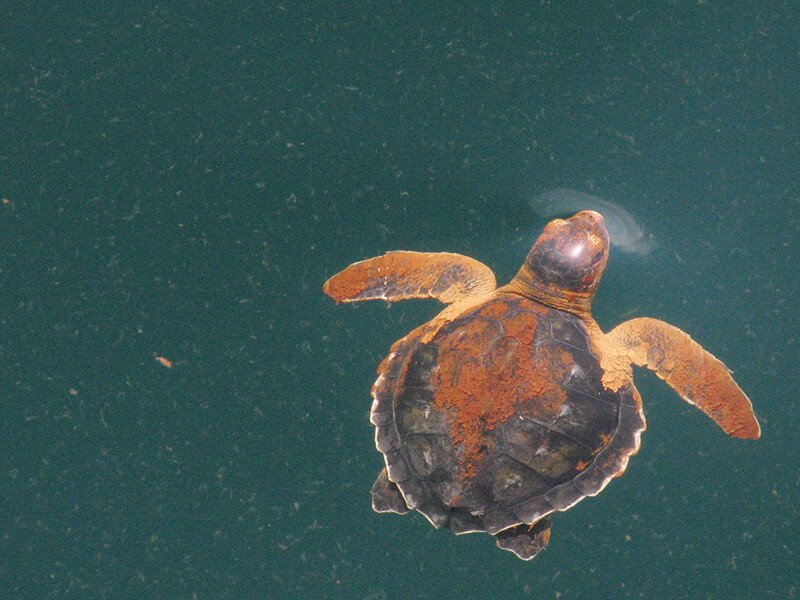For Immediate Release, December 9, 2024
|
Contact: |
David Derrick, Center for Biological Diversity, (510) 844-7135, [email protected] |
Legal Agreement Requires U.S. to Reexamine Gulf Oil Drilling’s Harms to Endangered Birds, Manatees
WASHINGTON— A federal court approved an agreement today between the Center for Biological Diversity, scientist Stuart Pimm, Ph.D., and the U.S. Fish and Wildlife Service that requires the agency to reexamine the harms caused by offshore oil and gas operations in the Gulf of Mexico to birds, manatees, nesting sea turtles and other threatened and endangered species.
The agreement resolves a lawsuit filed in April over the agency’s failure to comply with the Endangered Species Act by not adequately assessing the harms of oil spills, light pollution, vessel strikes and greenhouse gas emissions from Gulf drilling.
“Every new offshore well is another toxic threat to marine wildlife, so I’m glad federal officials will consider looking at these harms before greenlighting more Gulf oil drilling,” said David Derrick, an attorney at the Center for Biological Diversity. “I’m relieved that they may finally consider the absolute havoc that a huge spill like Deepwater Horizon would wreak on endangered animals living in and around the Gulf, which is a scenario they’ve overlooked so far.”
In a new assessment, called a biological opinion, the Service has agreed to consider whether to analyze certain effects including large oil spills, sea-level rise, greenhouse gas emissions and lighting from oil and gas platforms and infrastructure.
“The endangered sea turtles and birds living in the Gulf have already been dealing with noise, oil spills and harsh lights,” said Stuart Pimm, Ph.D., Doris Duke professor of conservation ecology at Duke University. “Now these animals also have to fight to survive rising seas, more extreme storms and changing habitats, all worsened by the oil drilling going on around them. The agencies in charge of protecting these species should at least acknowledge the harmful new reality that fossil fuel extraction is contributing to.”
The Service is required under the Act to complete a consultation with the Bureau of Ocean Energy Management and Bureau of Safety and Environmental Enforcement on oil and gas operations that could affect threatened and endangered species under the Service’s jurisdiction. These species include manatees, nesting Kemp’s ridley and green sea turtles, whooping cranes and piping plovers, among others.
The agreement requires the agency to complete its new analysis by March 28, 2025.

The Center for Biological Diversity is a national, nonprofit conservation organization with more than 1.7 million members and online activists dedicated to the protection of endangered species and wild places.

